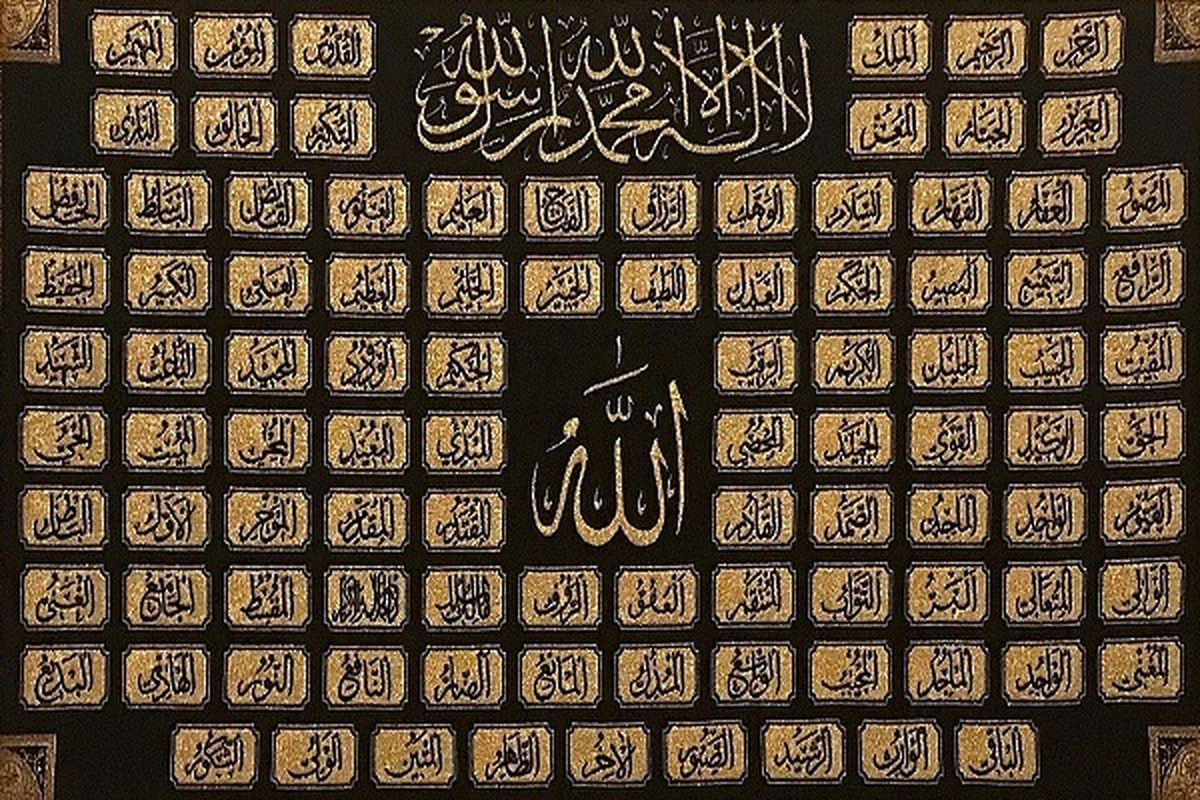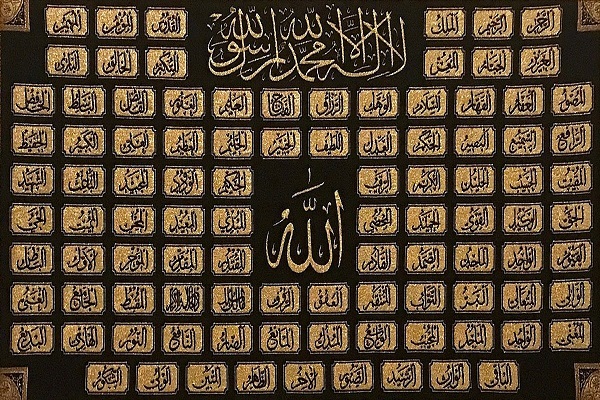Wakil Is A Name of God


In some verses, it is mentioned in the sense of ‘witness’ and ‘testifier’.
For instance, the Holy Quran recounts the story of Prophet Jacob (AS) when he entrusted Benjamin to his brothers: “When they gave their promise, he said, ‘God is the Witness of what we have said’.” (Verse 66 of Surah Yusuf)
God Almighty addresses Prophet Muhammad (PBUH), stating that you are not a Wakil in the sense of being a deputy or dominant over people for their guidance; your mission is solely to convey the message. For example, the Holy Quran mentions in Verse 6 of Surah Ash-Shura:
“As for those who take guardians for themselves, other than Him, Allah is the Warden over them. You are not a guardian over them.”
Therefore, the Messenger of God (PBUH) should not put his life at such risk to guide them.
Additionally, God is the Guardian, meaning the ‘Protector’ of the revelation in the heart of the Prophet (PBUH): “If We pleased We could take away that which We have revealed to you then you should find none to guard you against Us.” (Verse 86 of Surah Al-Isra)
A Wakil, in the sense of being a ‘protector’ and ‘supporter’, defends the servants of God against Satan: “You have no authority over My servants. Your Lord is a Sufficient Protector.” (Verse 65 of Surah Al-Isra)
In summary, God is the unique and effective Wakil to whom one can entrust all their affairs, placing complete trust in Him and considering Him sufficient for managing and safeguarding their work.
Accordingly, Wakil is regarded as one of the names of God (Asma’ullah), and this recent usage connects it to the specific meaning of Tawakkul, that is, the certainty, trust, and exclusive dependence on God’s power and knowledge, alongside a sense of hopelessness and despair regarding people or any other independent causes.


